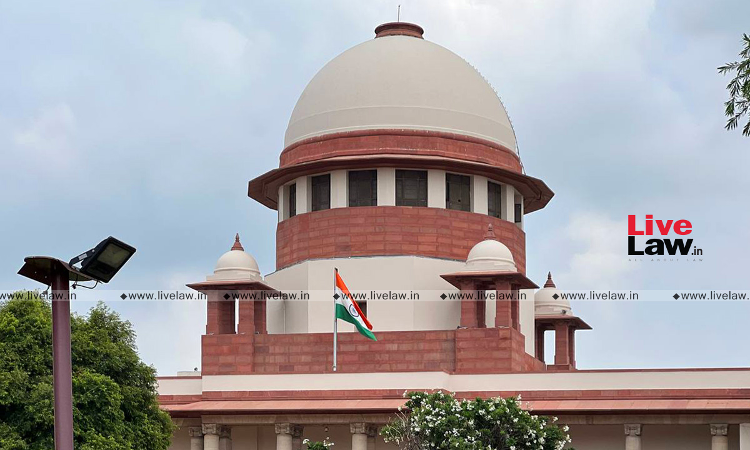PCPNDT Act : Supreme Court Asks Union Govt To Inform State Steps Taken For Enforcement
Rintu Mariam Biju
5 Sept 2022 9:40 PM IST

Next Story
5 Sept 2022 9:40 PM IST
The Supreme Court of India on Friday asked the Union Of India to inform the steps it has taken to direct appropriate authorities for initiation of punishment/ penalty for violations under the provisions of the Pre-Conception and Pre-Natal Diagnostic Techniques Act, 1994 (PCPNDT Act) and related rules.The PCPNDT Act was enacted with the intent to prohibit prenatal diagnostic techniques...
